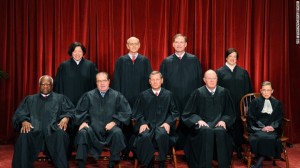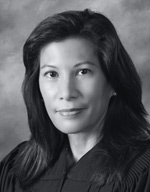Here’s another civil Gideon milestone: New York’s senate and assembly have passed a non-binding “policy” of providing legal assistance to “persons in need of the essentials of life,” becoming the first state to take such action to provide civil representation. San Francisco and other cities have some level of civil Gideon programming.
The resolution was suggested in a 2014 report to Chief Judge Jonathan Lippman by the Task Force to Expand Access to Civil Legal Services, to make the case for increasing available state funding for civil legal services over the past five state budgets.
Read more here.


